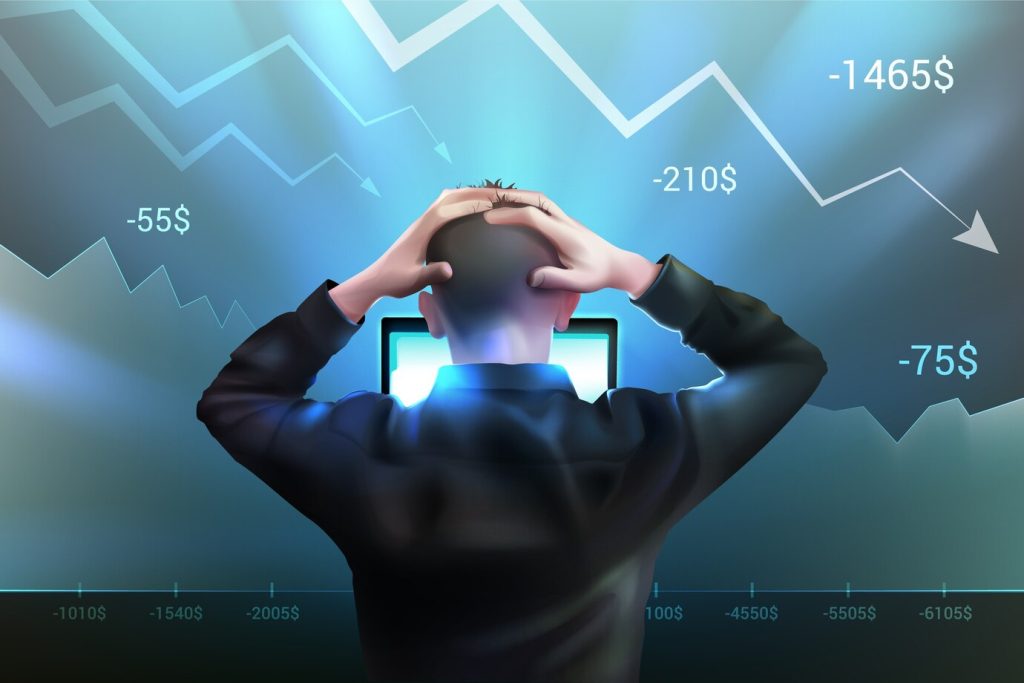What does the country’s economy depend on?

A country’s economy depends on a wide range of factors, which can be broadly categorized into internal and external influences. These factors interact in complex ways to shape the overall economic performance of a nation. Here are some key determinants of a country’s economy:
1. **Macroeconomic Policies**: Monetary policy, implemented by the central bank, and fiscal policy, managed by the government, play crucial roles in shaping the overall economic environment. Monetary policy influences interest rates, money supply, and credit conditions, while fiscal policy involves government spending, taxation, and borrowing.
2. **Growth and Productivity**: Economic growth and productivity are fundamental drivers of prosperity and development. Factors such as investment in physical and human capital, technological innovation, research and development, and infrastructure development contribute to long-term economic growth.
3. **Trade and International Relations**: Trade policies, tariffs, and trade agreements impact a country’s access to international markets and its competitiveness in global trade. International relations and geopolitical factors can also influence trade flows, foreign investment, and economic cooperation between countries.
4. **Labor Market Dynamics**: The labor market, including factors such as employment rates, wages, labor force participation, and workforce skills, plays a significant role in economic performance. Labor market policies, regulations, and workforce development initiatives affect productivity, income distribution, and overall economic output.
5. **Natural Resources and Environment**: Endowment of natural resources, such as minerals, energy, arable land, and water resources, can influence economic development and specialization in certain industries. Environmental factors, including climate change, pollution, and resource depletion, also have implications for economic sustainability and growth.
6. **Financial and Capital Markets**: The efficiency and stability of financial and capital markets are essential for allocating resources, facilitating investment, and mobilizing savings. Factors such as interest rates, credit conditions, stock market performance, and access to financing impact economic activity and investment decisions.
7. **Government Institutions and Governance**: Effective governance, rule of law, regulatory frameworks, and property rights protection are essential for creating an enabling environment for business and investment. Transparent and accountable government institutions promote economic stability, investor confidence, and sustainable development.
8. **Social Factors**: Socio-cultural factors, demographic trends, education, healthcare, income distribution, and social welfare policies influence human capital development, consumer behavior, and social cohesion, which in turn affect economic outcomes.
9. **Technological Advancement**: Technological progress and innovation drive productivity growth, efficiency gains, and structural transformation in economies. Investments in research and development, digital infrastructure, and technological adoption foster innovation and competitiveness in the global economy.
10. **Global Economic Conditions**: Global economic trends, including economic growth rates, inflation, exchange rates, commodity prices, and financial market volatility, can have spill-over effects on individual countries’ economies through trade, investment, and financial channels.
Overall, a country’s economy depends on a complex interplay of internal and external factors, including policy choices, economic structure, institutions, and global economic conditions. Understanding these determinants is crucial for policymakers, businesses, investors, and individuals to navigate and thrive in the ever-changing economic landscape.



